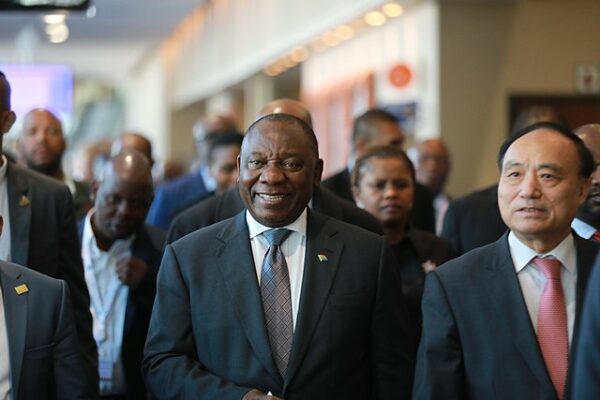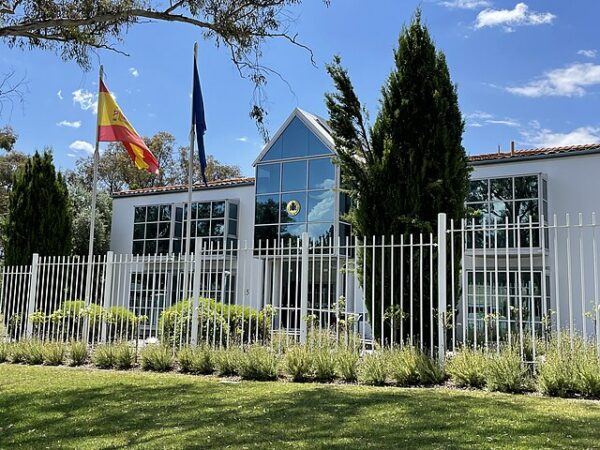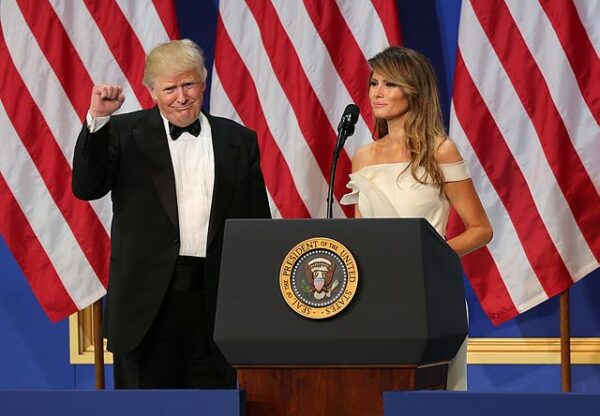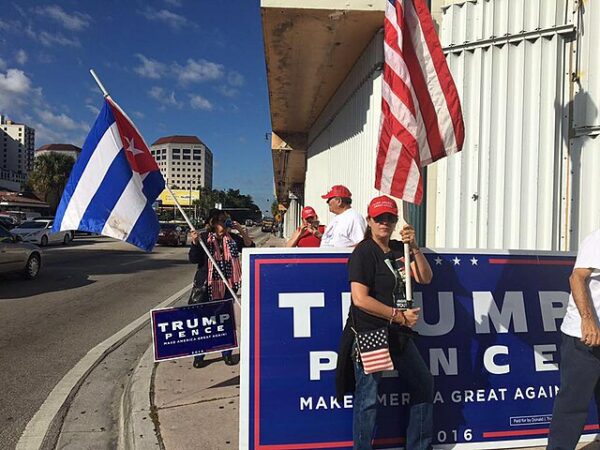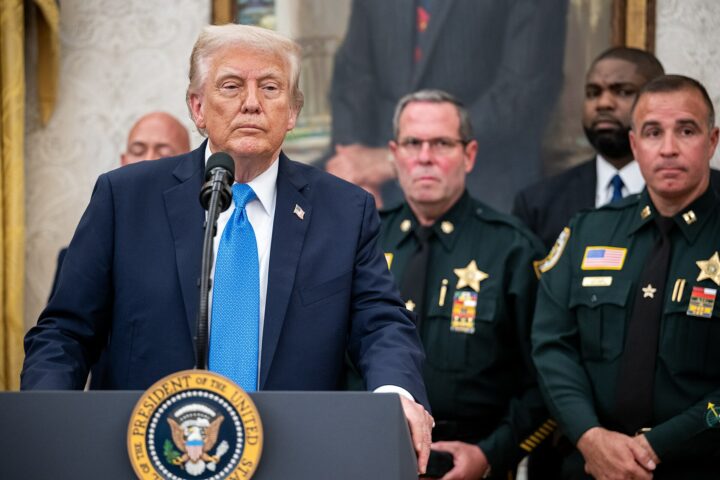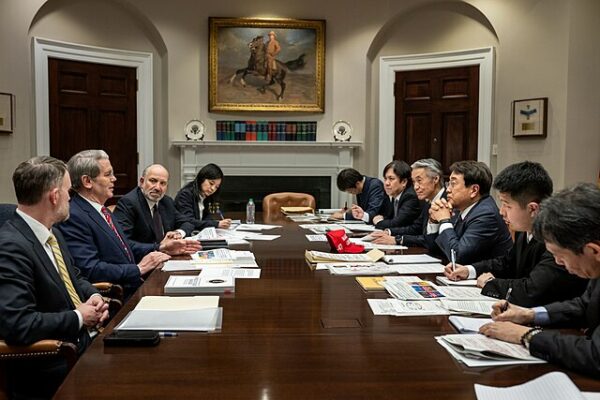U.S. Secretary of State Marco Rubio has announced that he will not attend the upcoming G20 foreign ministers’ meeting in Johannesburg, a decision that follows former President Donald Trump’s recent suggestion to cut U.S. financial support to South Africa over its land reform policies. The meeting, scheduled for February 20-21, is particularly significant as South Africa prepares to assume the G20 presidency from December 2024 to November 2025. However, relations between Washington and Pretoria have grown increasingly tense after Trump alleged that South Africa was engaging in land confiscation and discriminatory practices.
In a recent social media post, Trump accused South Africa of seizing private property and mistreating certain groups, according to The Associated Press.
Trump made the pledge to stop all future funding on his Truth Social platform on Sunday, writing: “South Africa is confiscating land, and treating certain classes of people VERY BADLY.”
In South Africa, Trump wrote, a ”massive Human Rights VIOLATION, at a minimum, is happening for all to see,” without giving details or providing evidence.
“The United States won’t stand for it, we will act,” Trump added. “Also, I will be cutting off all future funding to South Africa until a full investigation of this situation has been completed!”
South African President Cyril Ramaphosa swiftly rejected Trump’s assertion, emphasizing that no land had been unlawfully seized and that government policies aim to create fairer land distribution. In December 2023, Ramaphosa signed a law permitting land expropriation “in the public interest,” a move intended to rectify racial imbalances in land ownership.
Rubio, a close Trump ally on foreign policy, appeared to support Trump’s stance. In a post Twitter, he accused the South African government of expropriating private property and using its G20 leadership to promote DEI and climate change initiatives.
I will NOT attend the G20 summit in Johannesburg.
South Africa is doing very bad things. Expropriating private property. Using G20 to promote “solidarity, equality, & sustainability.” In other words: DEI and climate change.
My job is to advance America’s national interests, not…
— Secretary Marco Rubio (@SecRubio) February 5, 2025
Land reform in South Africa remains a deeply contentious issue, both domestically and internationally. A 2017 land audit revealed that white landowners controlled approximately 75% of freehold farmland, despite making up less than 10% of the population. Meanwhile, Black South Africans, who comprise 80% of the population, own only about 4% of the land.
Billionaire entrepreneur Elon Musk, a South African-born Trump supporter, has also weighed in on the issue, claiming that South Africa’s land policies reflect “openly racist ownership laws.”
Why do you have openly racist ownership laws? https://t.co/tHWVsmB04F
— Elon Musk (@elonmusk) February 3, 2025
As South Africa prepares to take on the G20 presidency, its land reform policies will likely remain a key point of contention in global diplomatic discussions. Rubio’s decision to skip the foreign ministers’ meeting may indicate a broader shift in U.S.-South Africa relations, highlighting growing ideological and geopolitical divides. It also reveals to the rest of the world that America will no longer sit idly by as it did under Joe Biden.

